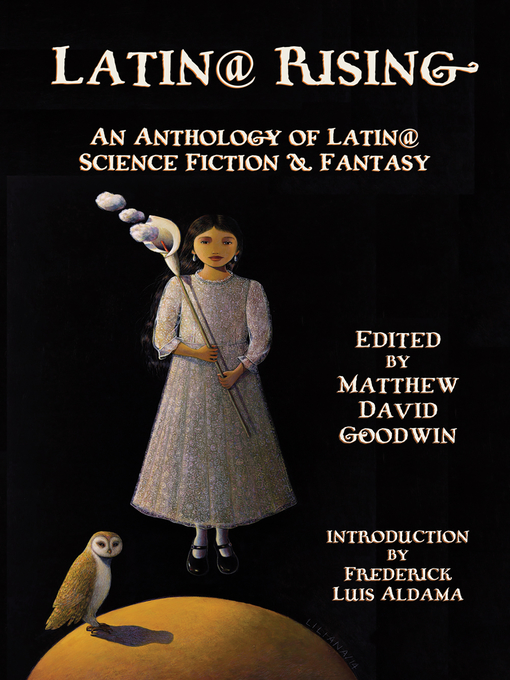- New eBook additions
- Your next great read
- Comida-Cultura
- Celebrating the Art of Coffee
- The chocolate collection
- Libros en Español
- Juvenile Read-Alongs
- A Collection of Poetry
- Black History Month
- A Gastronomy Extravaganza!
- Yoga for Health - International Day of Yoga
- Beach Reads
- Remember WWI Book Club
- See all
- New audiobook additions
- Most popular
- Always Available Audiobooks
- Try something different
- Try Sci-Fi
- Read by Neil Patrick Harris
- Read by Jim Dale
- Audiolibros en español
- Mystery
- Professional Book Nerds - Podcasts
- See all
- SAPL's Favorite Magazines
- Popular Magazines
- Just Added
- Business & Finance
- Cars & Motorcycles
- Celebrity
- Crafts & Hobbies
- Español - Revistas
- Fashion
- Food & Wine
- Health & Fitness
- Home & Garden
- Kids & Teens
- See all


